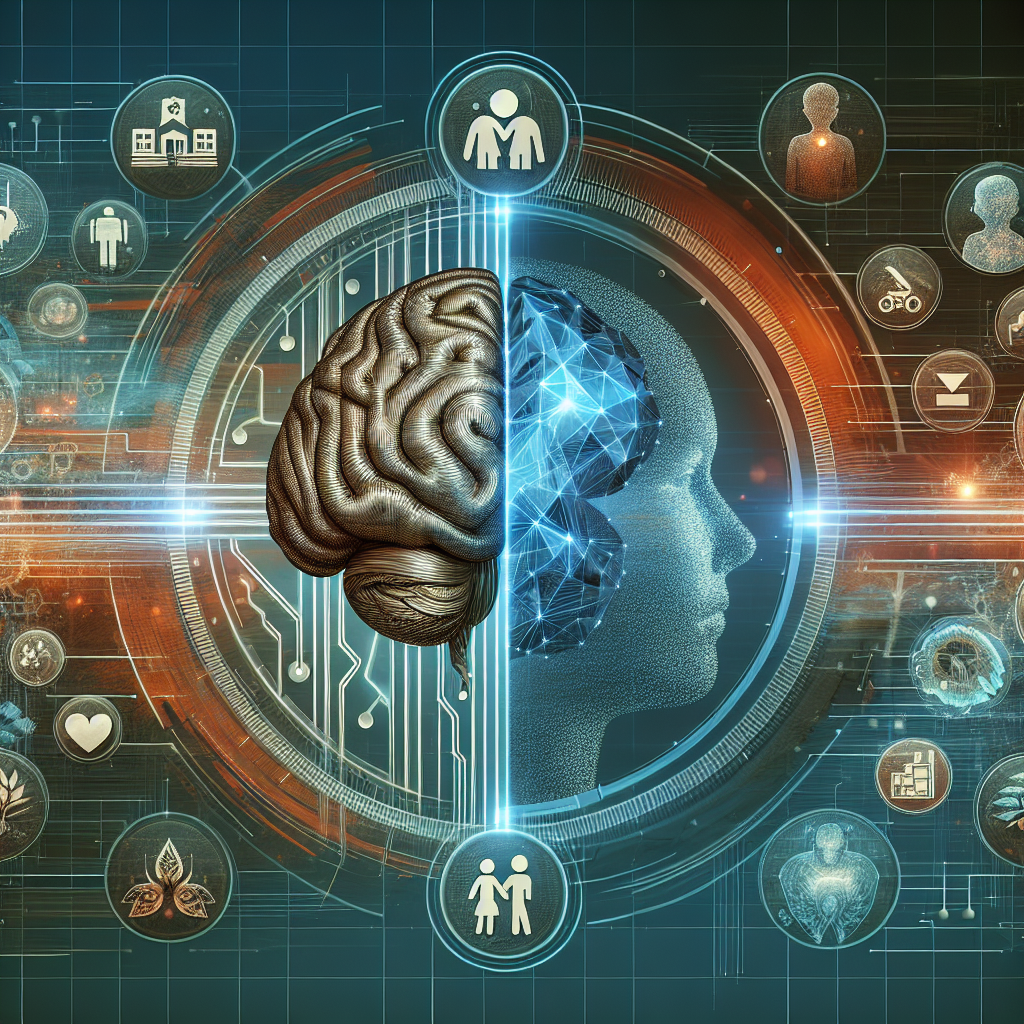In recent years, the rapid advancement of artificial intelligence (AI) technology has brought about significant changes to various aspects of society. From self-driving cars to personalized recommendations on streaming platforms, AI has become an integral part of our daily lives. However, along with the benefits that AI brings, there are also ethical dilemmas that arise with its use. Navigating these societal implications is crucial to ensuring that AI is developed and used responsibly.
The Impact of AI on Society
AI has the potential to revolutionize industries, improve efficiency, and enhance the quality of life for people around the world. However, there are ethical considerations that need to be addressed as AI becomes more pervasive. One of the key concerns is the impact of AI on jobs and the workforce. As AI and automation technologies continue to advance, there is a growing fear that they will replace human workers, leading to job displacement and economic inequality.
Another ethical dilemma is the issue of bias in AI algorithms. AI systems are only as good as the data they are trained on, and if that data is biased, the AI will produce biased results. This can have serious implications in areas such as criminal justice, healthcare, and hiring practices. It is important for developers to be aware of these biases and take steps to mitigate them.
Privacy and Security Concerns
AI systems often rely on vast amounts of personal data to function effectively. This raises concerns about privacy and security. There is a fine line between using data to improve AI algorithms and invading individuals’ privacy. Companies and governments must take steps to protect the data they collect and ensure that it is used ethically and responsibly.
Security is another major concern when it comes to AI. The more we rely on AI for critical decision-making processes, the more vulnerable we become to cyber attacks and malicious manipulation. It is crucial that AI systems are built with robust security measures in place to protect against these threats.
The Need for Ethical AI
Given the potential risks and implications of AI, there is a growing consensus that ethical guidelines and principles are necessary to guide its development and use. Ethical AI refers to AI systems that are designed and deployed in a way that aligns with moral values and respects the rights and dignity of individuals.
Several organizations and institutions have developed frameworks for ethical AI, such as the IEEE Global Initiative for Ethical Considerations in Artificial Intelligence and Autonomous Systems. These frameworks emphasize transparency, accountability, and fairness in AI systems and aim to promote trust and confidence in the technology.
Conclusion
In conclusion, the societal implications of artificial intelligence are vast and complex. While AI has the potential to bring about significant benefits, it also raises ethical dilemmas that must be addressed. Navigating these implications requires a collective effort from developers, policymakers, and the public to ensure that AI is developed and used in a responsible and ethical manner.
FAQs
What are the ethical dilemmas associated with artificial intelligence?
Some of the ethical dilemmas associated with artificial intelligence include job displacement, bias in algorithms, privacy concerns, and security risks.
How can developers mitigate bias in AI algorithms?
Developers can mitigate bias in AI algorithms by ensuring that the data used to train the AI is diverse and representative of the population it will be applied to. They can also implement transparency and oversight mechanisms to monitor and address any biases that may arise.
Why is ethical AI important?
Ethical AI is important because it ensures that AI systems are designed and deployed in a way that respects the rights and dignity of individuals. It promotes trust and confidence in the technology and reduces the potential risks and harms associated with AI.
Quotes
“The ethical implications of artificial intelligence are too important to be left solely in the hands of developers and policymakers. It requires a collective effort from all stakeholders to navigate these challenges and ensure that AI is used for the greater good.” – Unknown
#Ethical #Dilemma #Navigating #Societal #Implications #Artificial #Intelligence


